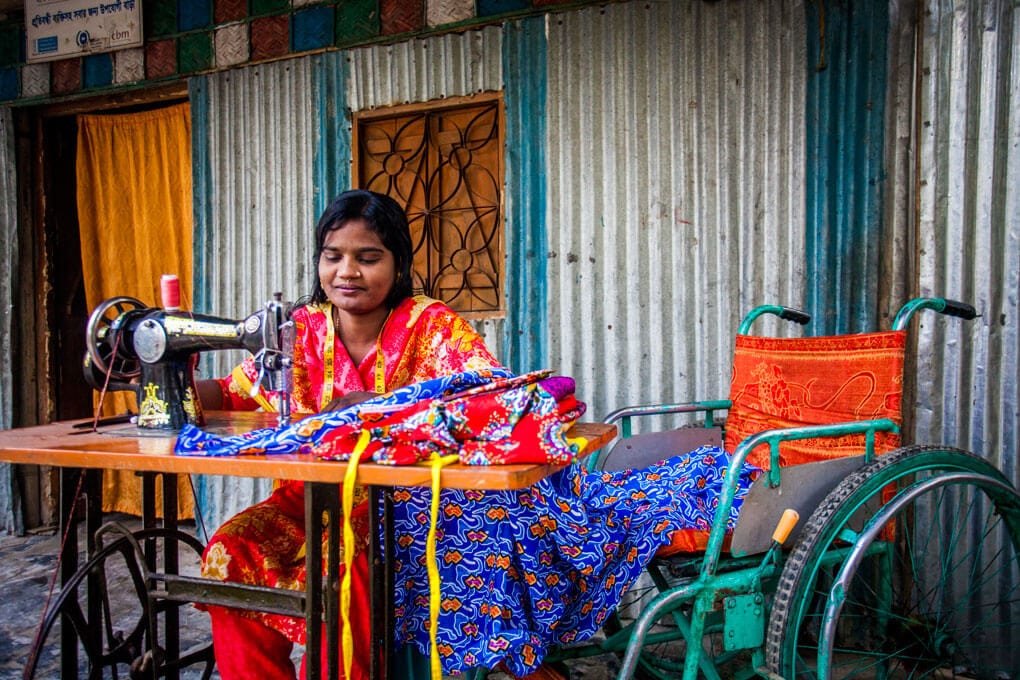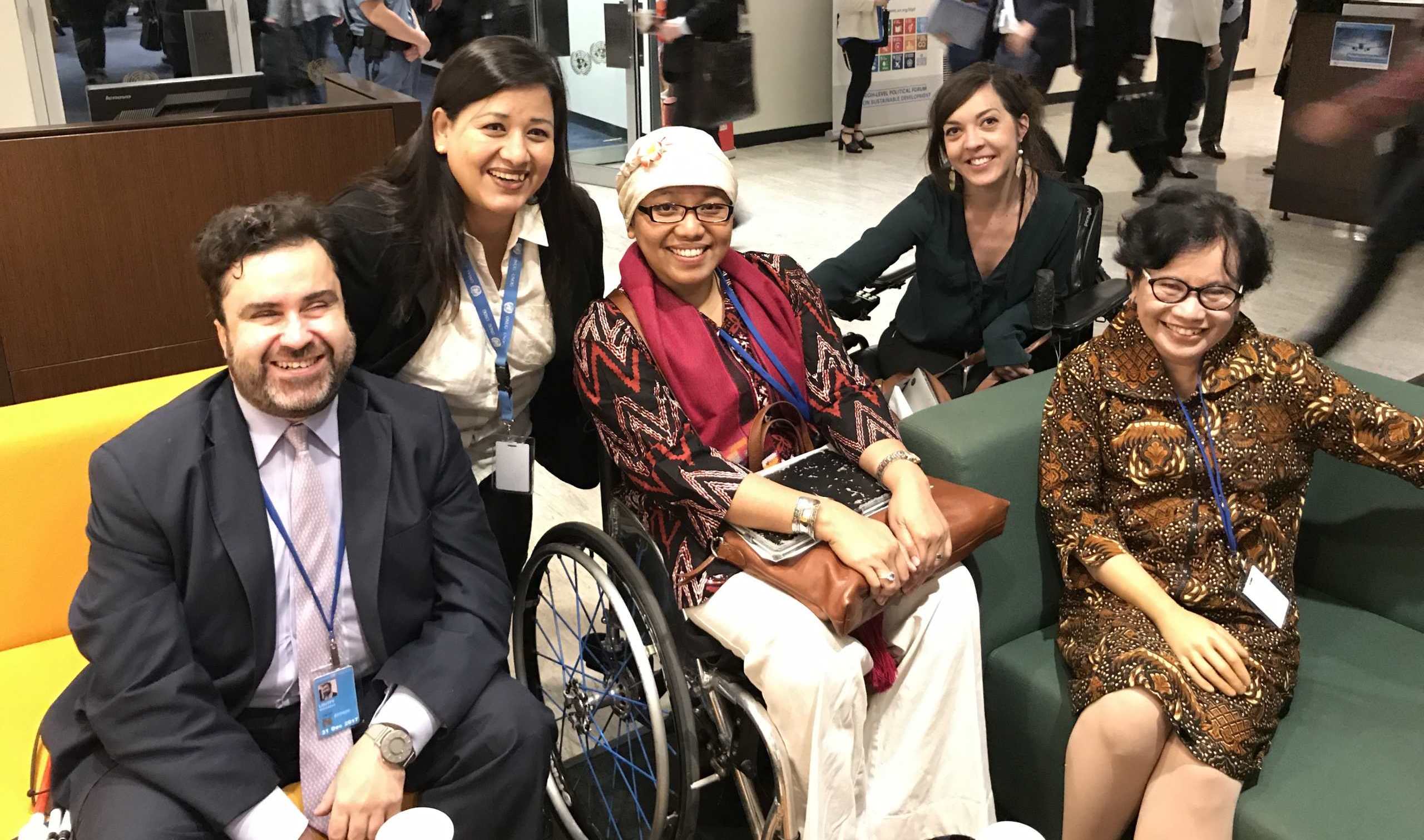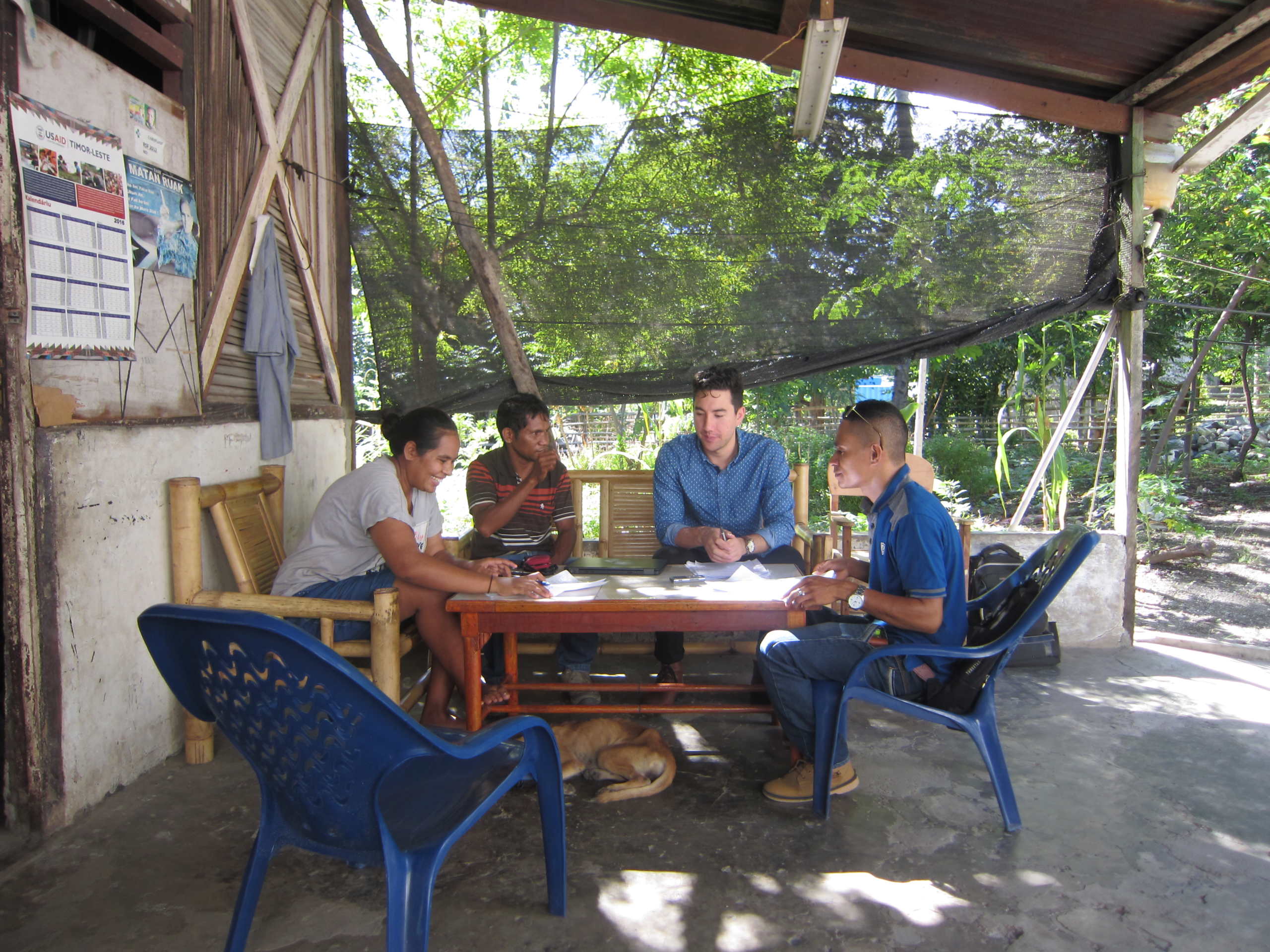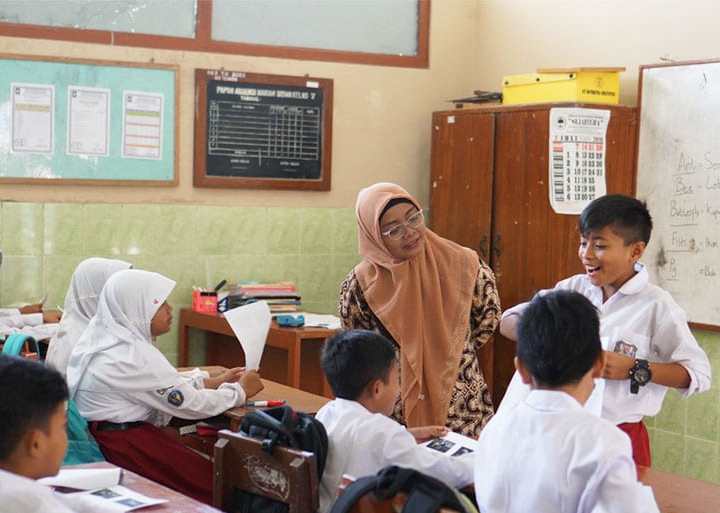Transforming lives together
We work alongside people with disabilities living in the world’s poorest places to fight poverty and exclusion, and transform lives.
Drawing on more than 115 years’ experience and driven by Christian values, we work with the most marginalised communities to:
- Break the cycle of poverty and disability
- Treat and prevent conditions that lead to disability
- Build inclusive communities where everyone can enjoy their human rights and achieve their full potential.
We do this because one in seven of us have disabilities, which is more than a billion people around the world — 80% of whom live in developing countries. In fact, 20% of the poorest people living in developing countries have disabilities.
And we do this because the COVID-19 pandemic is disproportionately affecting people with disabilities, further entrenching the isolation, stigma, violence and the lack of access to life-saving health care and information.

Community programmes
Our programmes across Africa, Asia and Latin America are developed and delivered with local partner organisations to ensure long-term transformation and accountability in communities we serve

Advocacy
We draw on learning and evidence from our community work to inform our advocacy and achieve systemic change for people with disabilities.

External advisory
We share our expertise, advising governments, UN bodies and others on how to ensure inclusion in their own organisations, policies and programmes through our Inclusion Advisory Group.
Poverty and disability
Poverty and disability go hand-in-hand, making people with disabilities among the poorest in the world. A combination of people’s attitudes, poor legislation and a physically limiting environment can also stop people with disabilities from having the same opportunities as everyone else. CBM Global believes disability and poverty are global human rights issues.
The WHO/World Bank World Report on Disability notes the following about disability:
- Disability is more common among women, older people, children and adults who are poor.
- People with disabilities often don’t receive needed healthcare.
- Children with disabilities are less likely to attend school than non-disabled children.
- People with disabilities are more likely to be unemployed than non-disabled people.

